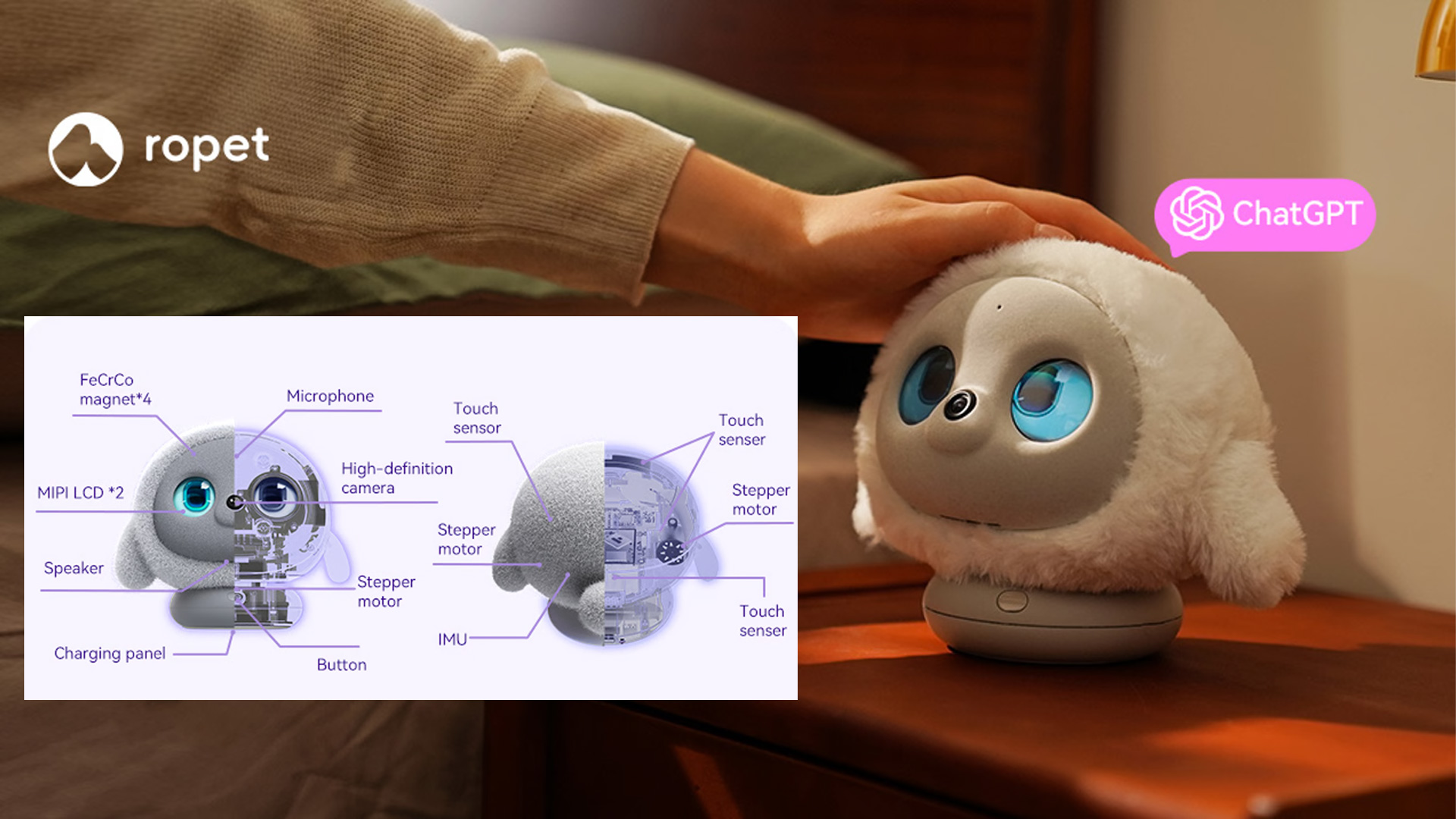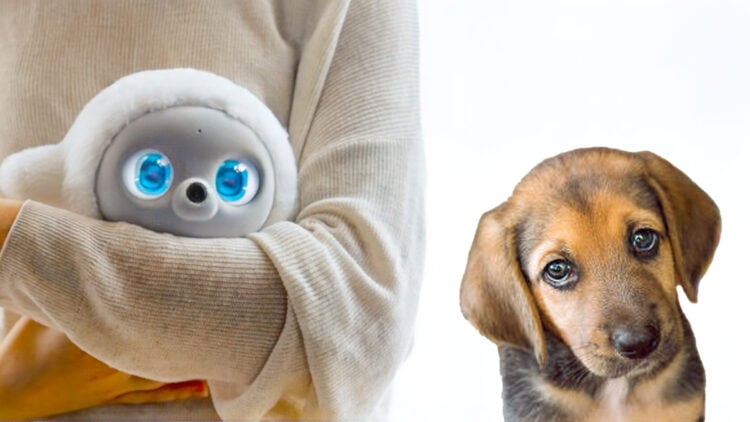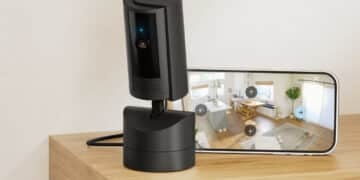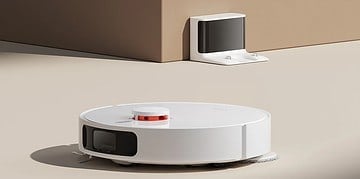Imagine coming home from work, and instead of being met with an excited, slobbery kiss from your wide-eyed puppy, you’re greeted by an intently observant AI pet, a living, breathing plushie brought to life. “Hello, Jarrod. How was your day today?” Sounds a little… robotic, doesn’t it? Yet, in a world where everything is going digital—you can order food, try on clothing, find true love, and even have doctor’s visits online—it was really only a matter of time before technology replaced our lovable furry friends, too.
AI Pets Are Taking Over—Should You Be Worried?
Cuddly AI-powered emotional robot pets like Jiabin He’s Ropet, which is made to feel soft, look adorable and have really big feelings, aren’t just a new form of the ’90s Tamagotchi or Furby phase, they’re actually meant to simulate the companionship of a real animal (or at least a fluffy baby seal) without all the fuss—allergies, shedding, the 3 a.m. bathroom breaks—you know, the inconvenient stuff that requires some work and real care.
Emotional companion robots are here, and their sole purpose is to be loved—and, of course, to love you back in return.
Can AI Pets Really Replace the Love of a Real Animal?

Ropet (which is set to retail for around $299 for the basic version and $329 for the pro) has a personality, is fully customizable, and comes with ChatGPT integration (including face and object recognition) to enable advanced conversations on virtually any topic, but can it curl up at your feet, purr when you pet it, or excitedly bring you a dead mouse as a gift? Actually, yes, it might, because it’s more than just a talking toy.
The creators promise that the USB-charged AI pet will develop a unique personality and respond to your emotional needs. In one review, a YouTuber confesses, “I feel sad. I failed my driver’s test.” The toy’s response? “Don’t worry. Driving tests can be nerve-wracking. But with proper preparation, you can increase your chances of success. Make sure to study the rules of the road,” it reassures in an adorably childlike AI voice.
Let The AI Pet Wars Begin
Ropet isn’t the only AI pet vying for your attention. Boston Dynamics recently introduced Spot, while Living AI unveiled AIBI Pocket Pet—both designed to replicate the emotional connection humans share with real pets. Tech companies are rolling out AI companions faster than you can say “fetch.” And there seems to be a pressing need for them, too. According to Google Trends, internet searches for “AI pet” have also skyrocketed since 2022.
RELATED: How James Cameron Went From Warning Us About AI to Joining Skynet
AI Pets vs. Real Pets
While some have embraced the new tech as a great idea for families with space constraints or a solution to the loneliness epidemic that intensified after COVID-19, others have taken caution in welcoming AI into their homes.
According to ABC News, Tokyo resident Haruka Uto turned to AI companionship for comfort after losing her childhood pet. She found solace in her two Moflin (a robotic AI pet developed by Casio), saying it provided her with a sense of routine and companionship without the heartbreak of loss. Her story is just one of many where AI pets are filling emotional gaps in people’s lives.
Advocates for AI pets also highlight their low maintenance and cost-effectiveness. No vet bills, no grooming, and no surprise puddles on your new carpet- all of which make them accessible to a broader audience. However, critics argue that while AI pets can simulate affection, they lack the genuine emotional depth and unpredictability of living animals. A robot might nuzzle you on command, but it won’t spontaneously bring you a toy or make you work for its affection and loyalty.
Whatever side of the fence you’re on, it’s important to realize that AI pets aren’t necessarily here to replace our beloved cats and dogs. Instead, they can serve as a stepping stone for families considering a real pet, teaching children about responsibility without the full commitment. They also offer companionship to individuals in settings where live animals aren’t practical. Moreover, with the rise of AI pets, there’s potential to reduce the number of stray animals, addressing a significant societal issue.
RELATED: M3GAN 2.0 Plot Leak Reveals A New Villain More Terrifying Than The First
Are AI Pets A Revolution or a Passing Trend?
As technology continues to evolve, so will our interactions with AI companions. While the idea of a pet you can switch off for convenience is appealing to some, real animals offer a level of emotional support and connection that, for many, technology can’t replicate. All of that said, whether your ideal companion is a purring feline, a wagging tail, or a responsive robot, the goal remains the same: to find connection, joy, and a sense of belonging in an ever-changing world.

















